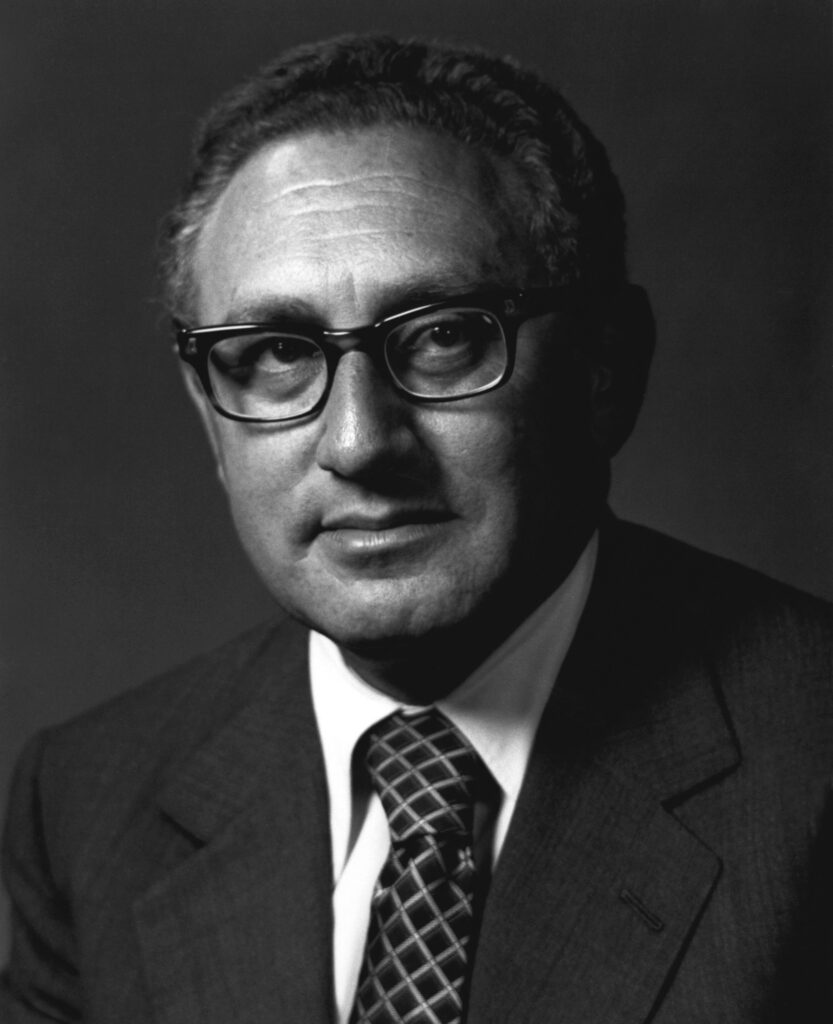What If…?

I’ve never quite been able to wrap my mind around Nixon’s reaction to the Pentagon Papers. A couple things off the top; first, the publication of the Papers likely did not accelerate the end of the Vietnam War by a day or even an hour, and second, the Papers had almost nothing whatsoever to do with the Nixon administration’s handling of the war. With respect to the first the Nixon administration was already locked into the strategy of Vietnamization that would bring about US disengagement from the fighting, in large part because Nixon viewed the war as unwinnable and understood the danger of continuing the conflict in terms of American domestic political stability. With respect to the second, the coverage of the Pentagon Papers closes in 1967, meaning that any embarrassing secrets and lies were the problem of the Johnson administration and the professional foreign policy establishment that Nixon hated. Apparently this was Nixon’s first reaction, but Kissinger talked him into a more aggressive response:
President Nixon’s reaction that Sunday morning was that the damage fell mostly on the Johnson Administration and that he should leave it alone. That afternoon, however, security advisor Kissinger convinced Nixon that he had to act on “this wholesale theft and unauthorized disclosure.”
“The massive hemorrhage of state secrets was bound to raise doubts about our reliability in the minds of other governments, friend or foe, and indeed about the stability of our political system,” Kissinger said in his memoirs.
Once energized, Nixon soon became obsessed. Dissatisfied with the FBI’s progress in the case, he organized his own group of investigators in the White House. They styled themselves “the plumbers” because their job was to stop leaks.
Nixon’s characteristic obsessiveness with regard to tracking down and discrediting the leaker led to the standing up of the internal infrastructure that would later produce Watergate. I suppose that “just let the chips fall where they may” was simply too much to ask of Richard Milhouse Nixon, but the fact that it was Henry’s advice that helped spark the greatest own goal in American political history has a certain literary appeal…


